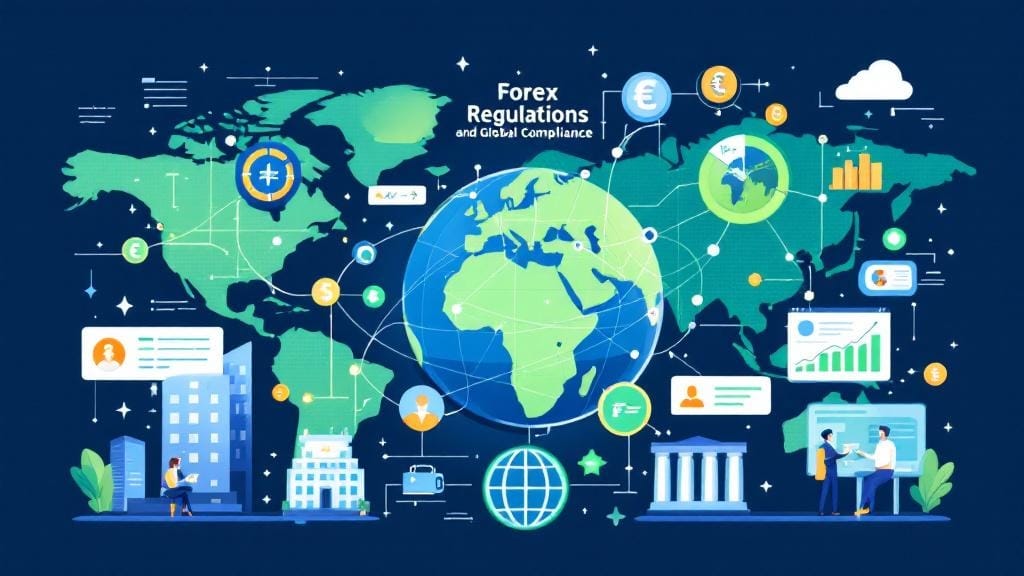Personal debt can feel overwhelming—but it doesn’t have to control your life. Whether you’re struggling with credit card bills, medical expenses, or personal loans, there are personal debt solutions that can help you take back control and build a financially secure future.
In this guide, we’ll explore practical and proven strategies for personal debt help, from budgeting and financial planning to debt consolidation and relief programs. No jargon. No judgment. Just real-world advice that works.
Why People Struggle with Personal Debt
Life is unpredictable. A job loss, medical emergency, or unexpected expense can throw your finances off track. And when interest piles up, it feels like you’re sinking in quicksand.
Some common causes of personal debt include:
-
Overspending and poor budgeting
-
High-interest credit cards
-
Medical emergencies
-
Divorce or family changes
-
Student loans or personal loans
-
Loss of income or underemployment
Whatever the reason, it’s important to know: you’re not alone. Millions of people face the same challenges, and there are ways to dig out.
1. Start With a Budget: Know Where You Stand
Before you can fix the problem, you need to understand your financial situation.
How to Build a Simple Budget
-
List your monthly income: Include all sources.
-
Track your expenses: Rent, groceries, subscriptions, everything.
-
Separate needs vs. wants: Cut non-essentials temporarily.
-
Set goals: Create a monthly repayment plan and target debt reduction.
This is the foundation of personal debt management. Without a budget, you’re guessing. With a budget, you’re planning.
2. Explore the Best Personal Debt Solutions
Let’s break down the most effective personal financial debt solutions available today.
A. Debt Consolidation Loan
If you have multiple high-interest debts, a debt consolidation loan can simplify your finances.
How it works:
You take one larger, lower-interest loan to pay off multiple debts. Now, you only have one monthly payment—often with a reduced interest rate.
Ideal for:
People with good credit who want to reduce interest and simplify payments.
Pros:
-
Lower overall interest
-
Easier to manage
-
Can improve your credit over time
Cons:
-
You need a good credit score to qualify
-
Doesn’t eliminate debt—just restructures it
B. Debt Management Plans (DMPs)
These are offered by credit counseling services. A certified credit counselor negotiates with your creditors to reduce interest and waive late fees.
You make one monthly payment to the counseling agency, which distributes funds to your creditors.
Great for:
Unsecured debts like credit cards.
Benefits:
-
Lower monthly payments
-
No collection calls
-
Structured path out of debt
Things to watch:
-
May affect your credit in the short term
-
Requires discipline and commitment
3. Consider Personal Debt Relief Programs
If your debt feels unmanageable, personal debt relief programs could provide more aggressive help.
A. Debt Settlement Options
Debt settlement means negotiating with creditors to accept less than what you owe—often 40% to 60% of the original balance.
Used when:
You’re significantly behind and can’t keep up with payments.
Be cautious:
Debt settlement can hurt your credit and may involve fees, but it can offer a lifeline in extreme situations.
B. Bankruptcy Alternatives
Bankruptcy is a last resort—but alternatives like debt negotiation, financial hardship assistance, and nonprofit debt counseling may help you avoid it.
Seek professional advice before choosing bankruptcy, as it has long-term financial consequences.
4. Use Smart Personal Debt Repayment Strategies
Once you know your options, it’s time to choose a repayment strategy that fits your situation.
Popular Strategies:
Snowball Method
-
Pay off the smallest debt first.
-
Gain motivation from quick wins.
Avalanche Method
-
Focus on debts with the highest interest rate.
-
Saves more money in the long run.
Hybrid Strategy
-
Start with a small win (snowball), then shift focus to high-interest (avalanche).
Pro Tip:
Use apps or spreadsheets to track your progress. Every payment is a step forward!
5. Work With a Professional: Personal Debt Counseling
When DIY efforts aren’t enough, it might be time to get professional personal debt assistance.
What is Personal Debt Counseling?
A certified credit counselor helps you:
-
Review your full financial picture
-
Create a realistic budget
-
Recommend the best personal debt solutions
-
Possibly enroll you in a debt management plan
Cost: Usually free or low-cost through nonprofit agencies.
Where to find help:
-
National Foundation for Credit Counseling (NFCC)
-
Local nonprofit credit counseling agencies
6. Avoid These Common Debt Traps
Even with the best plans, it’s easy to fall back into bad habits. Stay alert for these pitfalls:
-
Only paying the minimum on credit cards
-
Using new credit to pay off old debt
-
Ignoring bills or collection calls
-
Taking high-interest payday loans
-
Not checking your debt-to-income ratio before borrowing more
7. Build Long-Term Financial Habits
Solving debt is just the first step. Staying out of debt requires ongoing commitment.
Good habits to build:
-
Emergency savings fund (start small)
-
Living below your means
-
Avoiding high-interest credit cards
-
Monitoring your credit score regularly
-
Reviewing your monthly repayment plans
✅ Quick Recap: Best Personal Debt Solutions
| Solution | Best For | Key Benefit |
|---|---|---|
| Budgeting | Everyone | Foundation for all debt strategies |
| Debt Consolidation | Good credit holders | Lower interest, simplify payments |
| Debt Management Plan (DMP) | Credit card debt | One monthly payment, lower fees |
| Debt Settlement | Severe hardship | Pay less than owed |
| Personal Debt Counseling | Unsure where to start | Expert help, personalized advice |
🙋♂️ FAQs: Personal Debt Solutions
1. What are the best personal debt solutions for high credit card debt?
The best personal debt solutions include debt consolidation loans and debt management plans, both of which can lower your interest and simplify monthly payments.
2. Can personal debt relief programs hurt your credit?
Yes, some personal debt relief programs like debt settlement can temporarily lower your credit score, but the long-term benefits of becoming debt-free may outweigh the impact.
3. How does credit counseling work?
Credit counseling services assess your finances, offer budgeting help, and may enroll you in a debt management plan to consolidate unsecured debts into one manageable monthly payment.
4. What’s better: the snowball or avalanche method?
The snowball method provides quick wins, while the avalanche method saves more on interest. Pick the one that best fits your motivation and financial goals.
5. Is bankruptcy my only option if I can’t pay my debts?
Not necessarily. There are several bankruptcy alternatives, including credit counseling, debt settlement, and hardship programs that can help without the severe consequences of filing bankruptcy.
6. How can I manage personal loan debt effectively?
Create a structured budget, avoid taking on new debt, and consider personal loan debt solutions like refinancing or consolidation to lower interest rates.
7. What is the debt-to-income ratio and why does it matter?
Your debt-to-income ratio (DTI) compares your monthly debt payments to your income. A lower DTI increases your chances of qualifying for better loan terms or personal debt help programs.
💡 Final Thoughts: You Can Take Control
Getting out of debt isn’t easy—but it’s absolutely possible. With the right mix of personal debt solutions, budgeting tools, and expert help, you can turn your finances around, reduce stress, and regain confidence in your future.
Remember: You don’t have to do it alone. From personal debt counseling to financial planning, help is available—and it’s never too late to start.








Comments (0)